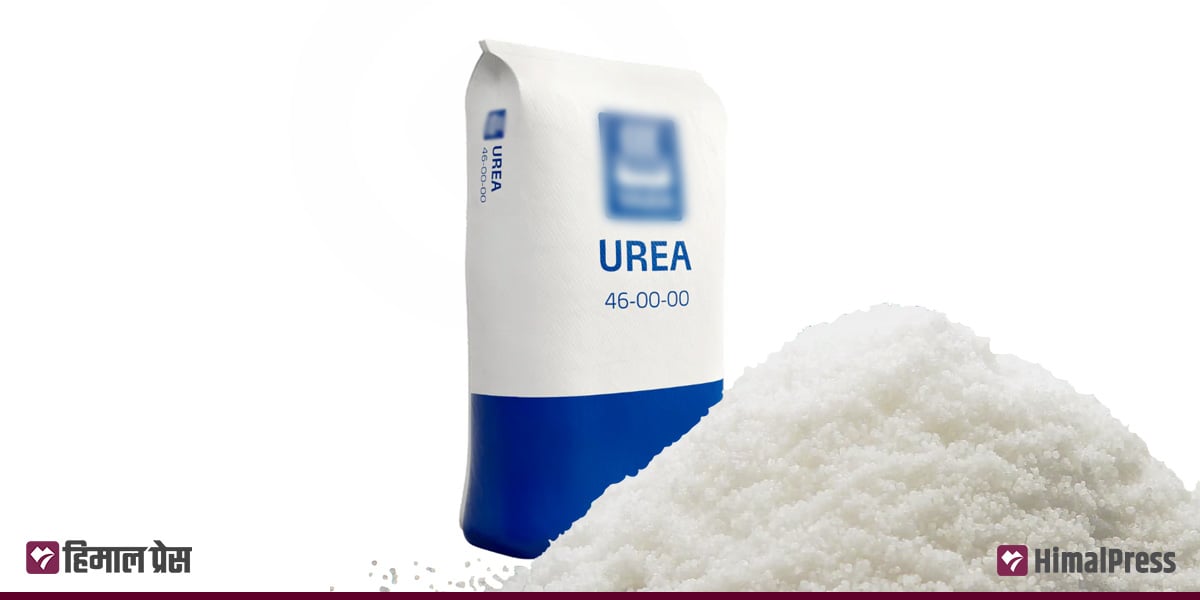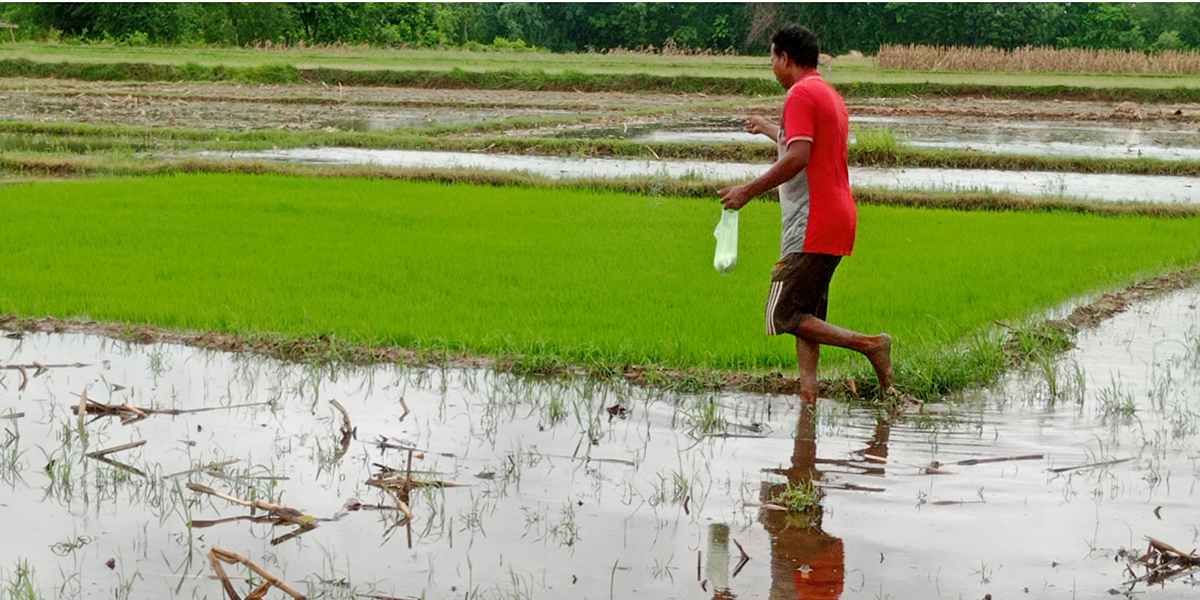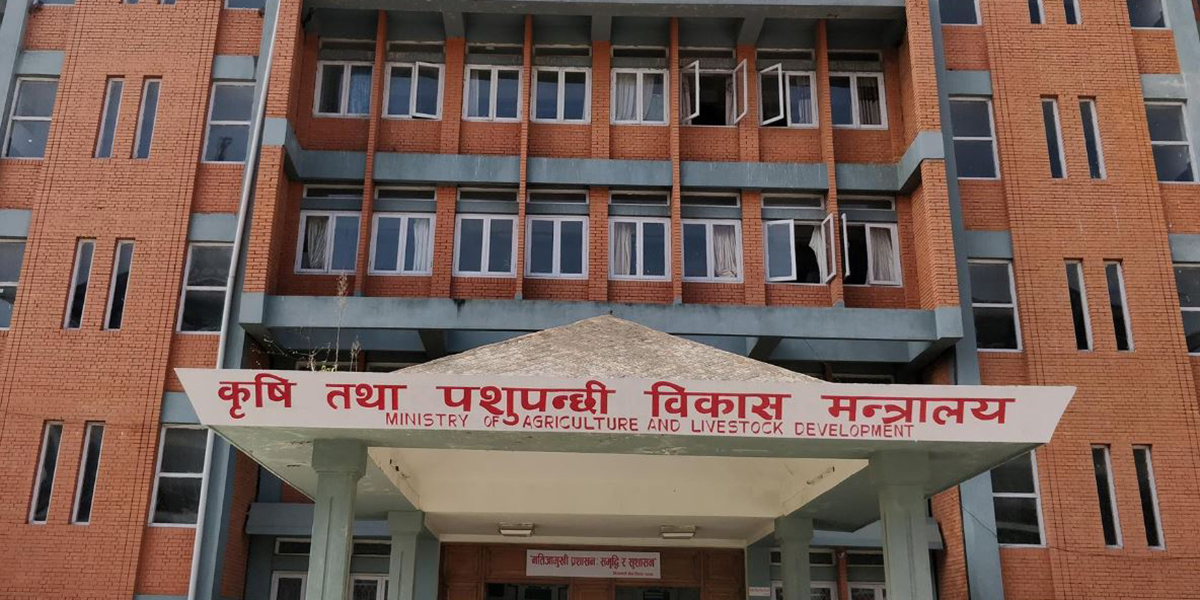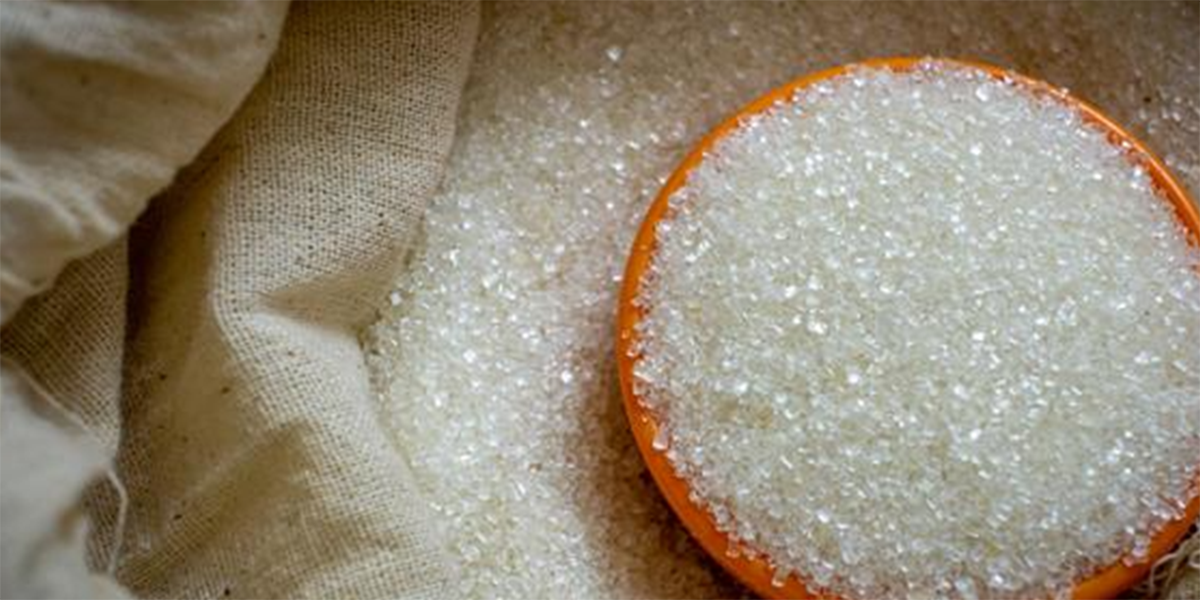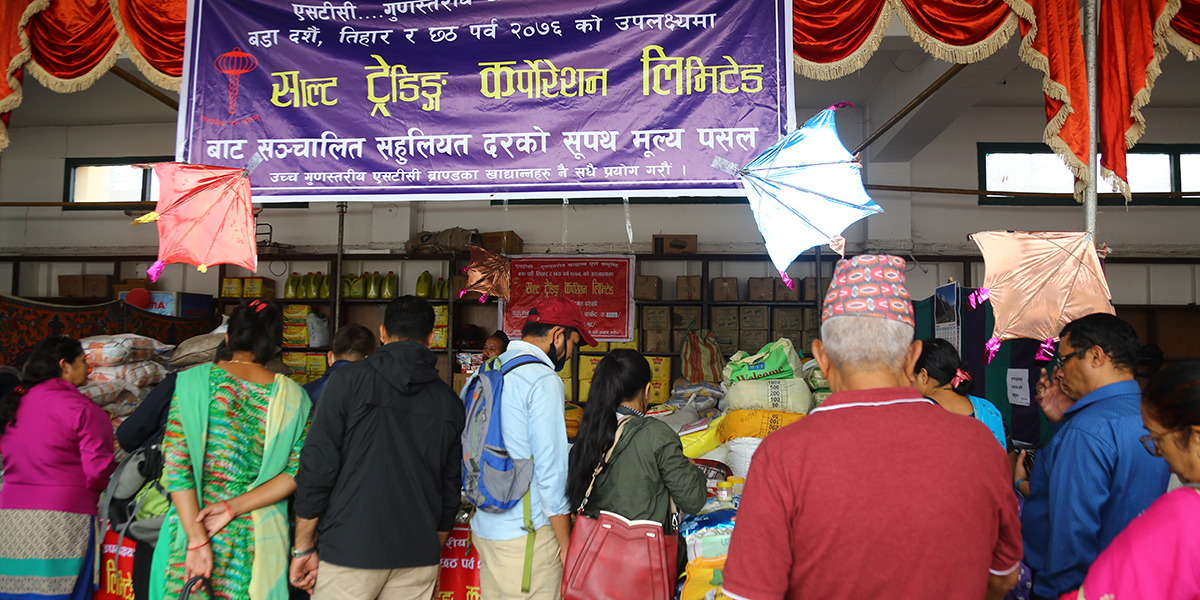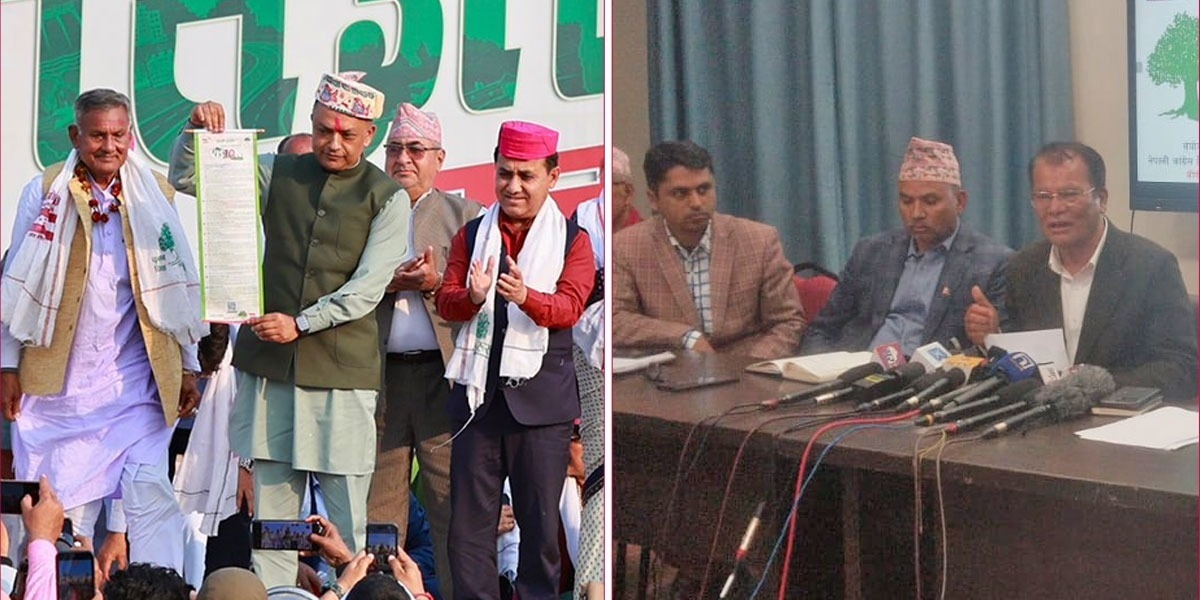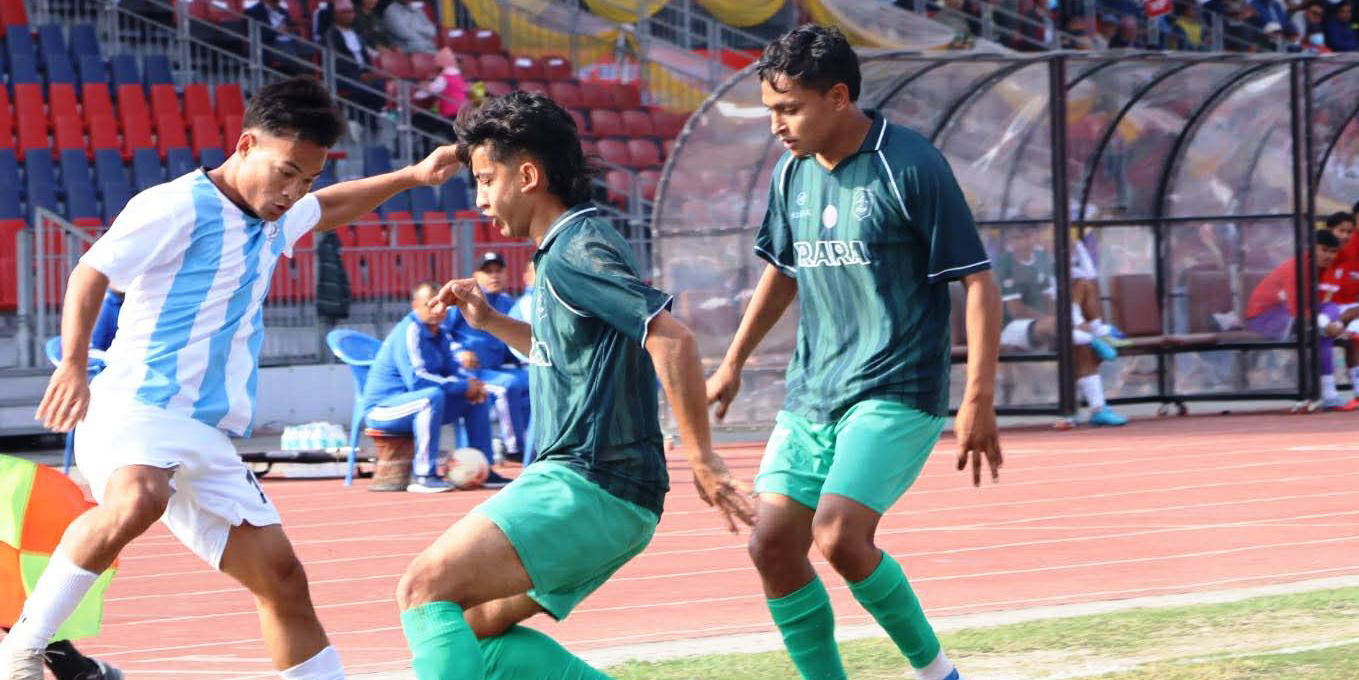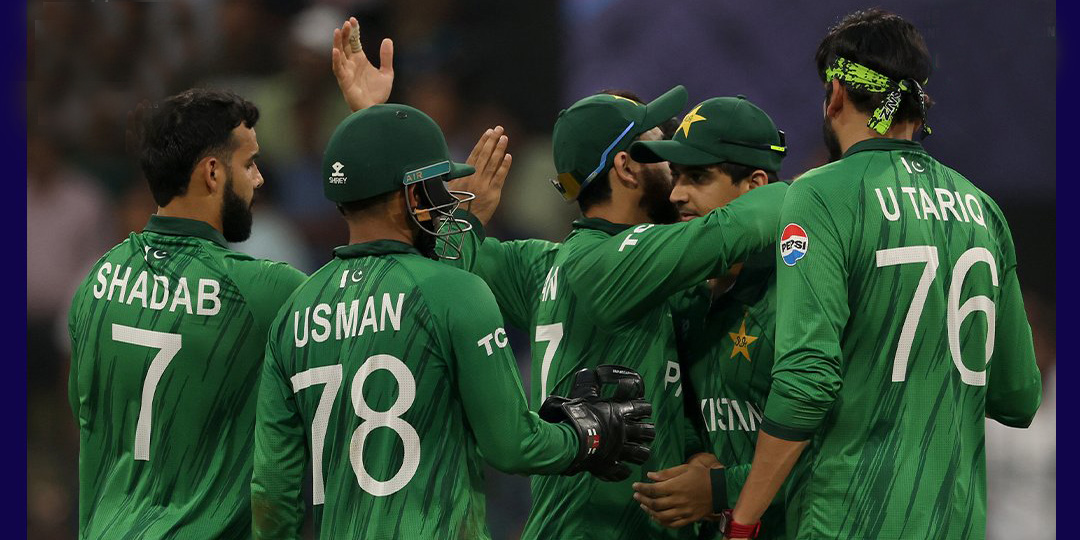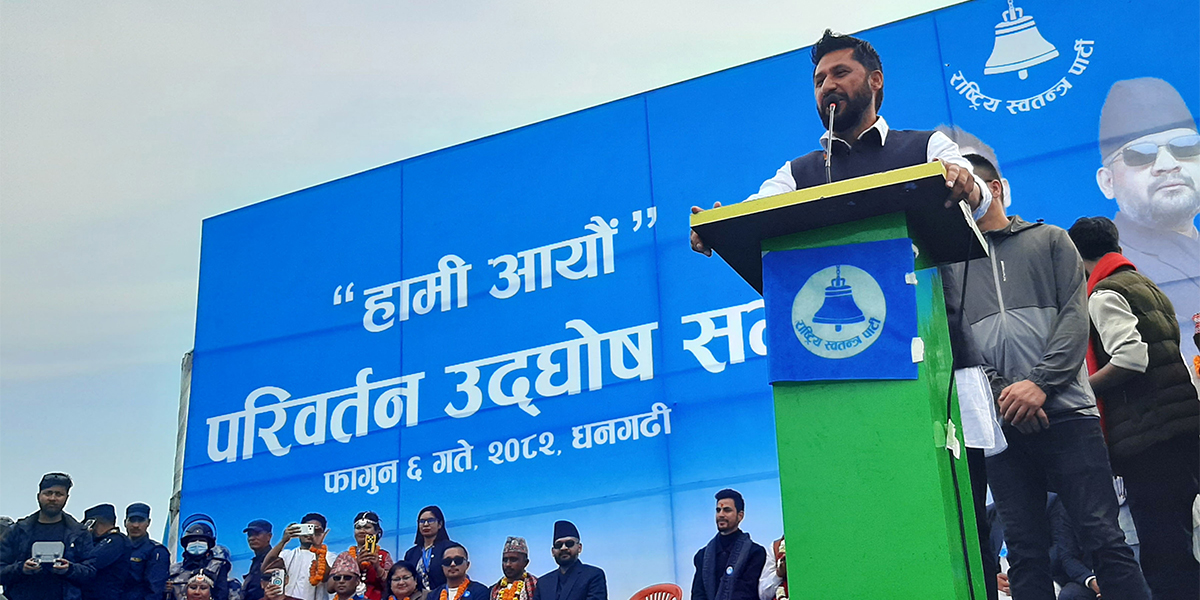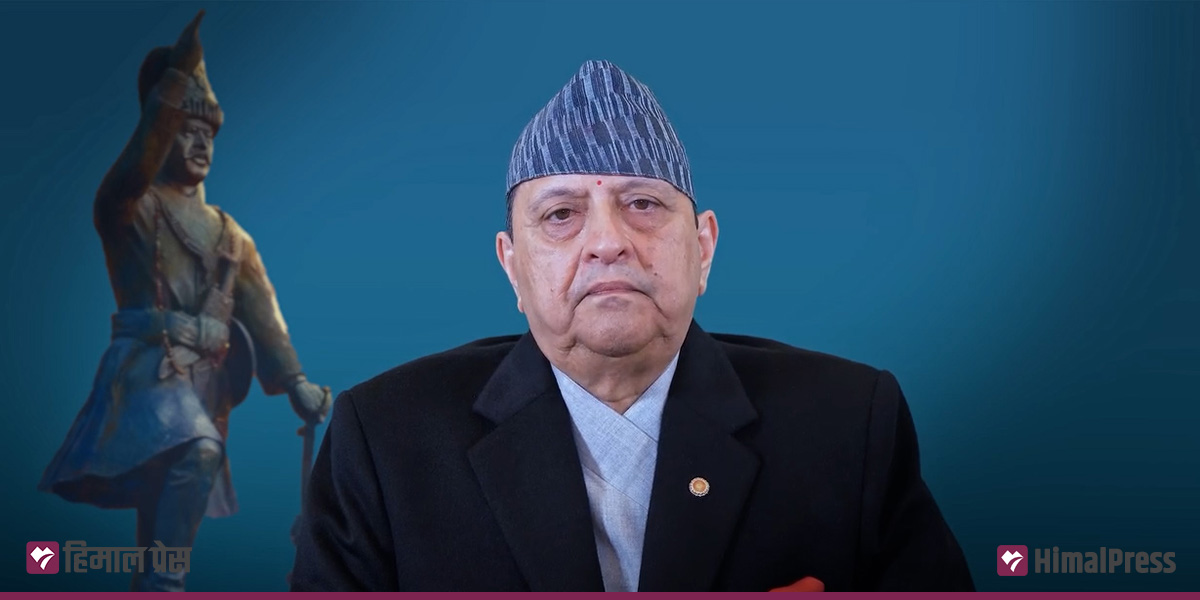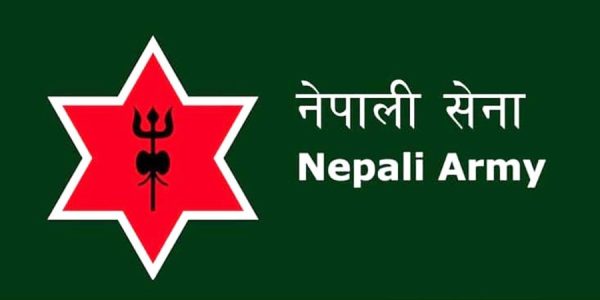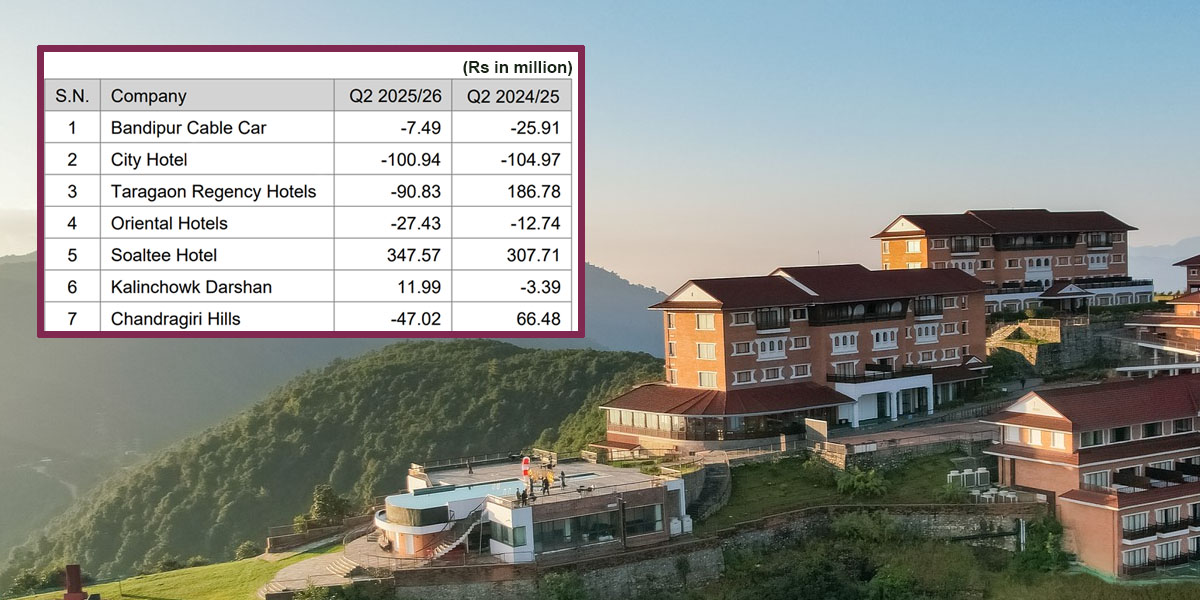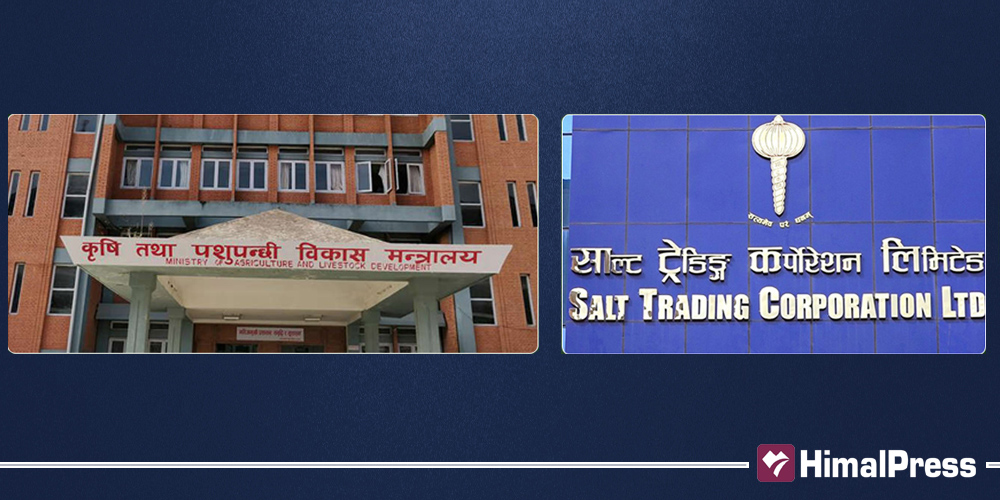
KATHMANDU: Krishi Samgari Company Ltd (KSCL), under the Ministry of Agriculture and Livestock Development, signed an agreement with the Indian government undertaking Rashtriya Chemicals and Fertilizers Ltd on July 5, 2022. The agreement was based on a government-to-government agreement for chemical fertilizer procurement that Nepal and India signed on March 30, 2022. Under the terms of the agreement, Nepal will have to purchase 935,000 tons of chemical fertilizers – 565,000 tons of urea and 370,000 tons of DAP, from India between the years 2021/22 to 2025/26.
The cabinet meeting held on August 29, 2022, authorized KSCL to procure chemical fertilizers for the implementation of the government-to-government (G2G) agreement. Similarly, the Indian government designated Rashtriya Chemicals and Fertilizers Ltd as a State Trading Enterprise (STE) to supply chemical fertilizers to Nepal.
To implement the G2G agreement and the cabinet decision, a meeting of the Chemical Fertilizers Supply and Distribution Management Committee was held in Kathmandu on January 23, 2023. The committee, chaired by the Secretary of the Ministry of Agriculture and Livestock Development Dr Govinda Prasad Sharma, directed KSCL to procure 70% of the fertilizers by utilizing the budget allocations for the fiscal year 2023/24. The remaining 30% of supplies were assigned to Salt Trading Corporation (STC).
On February 3, 2023, the Ministry of Finance guaranteed resources for the procurements. As decided by the committee, the ministry allocated Rs 10.66 billion to KSCL and Rs 4.56 billion to STC.
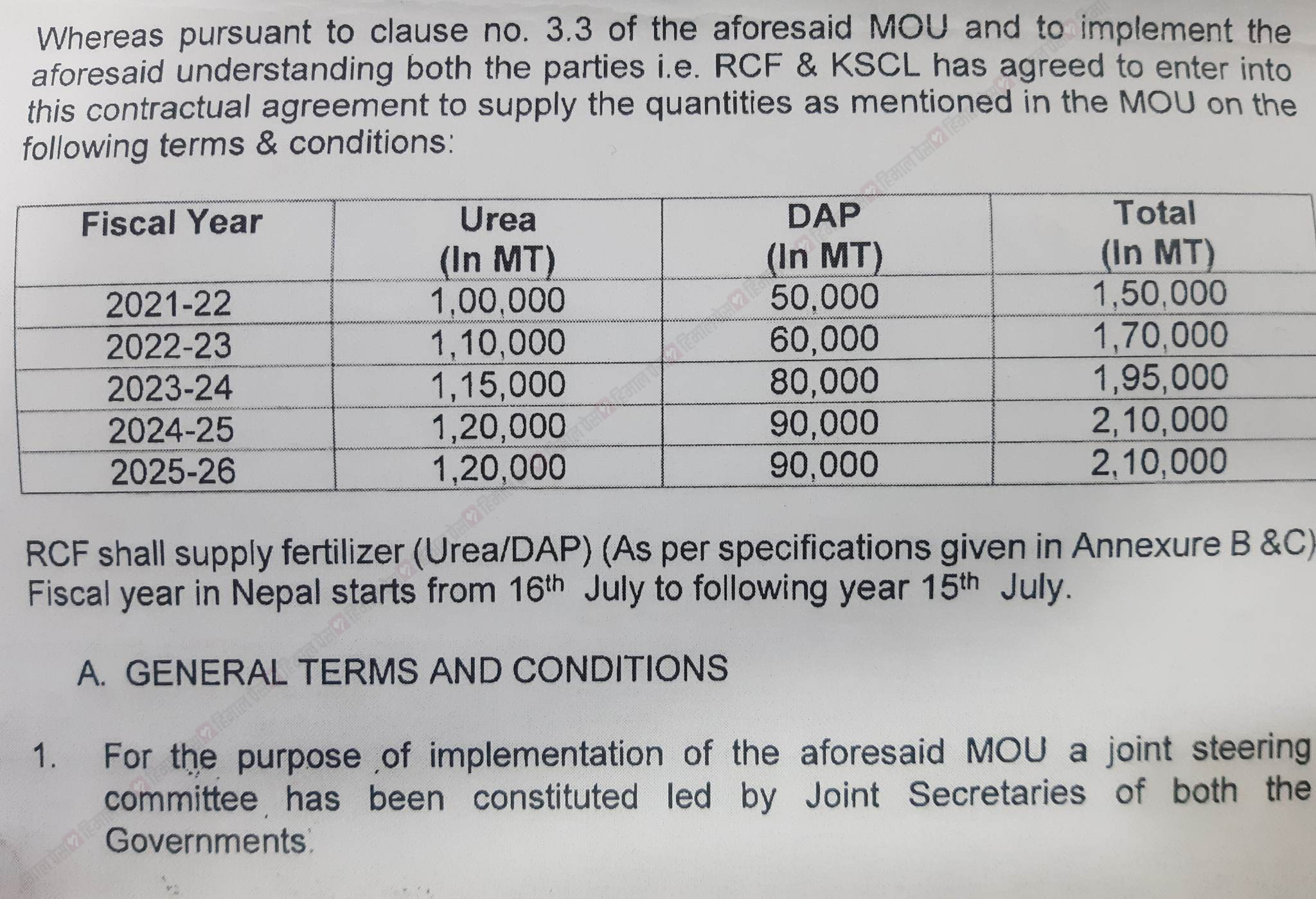
However, in a meeting held on February 28, 2023, the committee reversed its previous decision and authorized STC to make all the procurements worth around Rs 15 billion. The meeting, which was chaired by Secretary Dr Sharma, was attended by two joint secretaries of the Ministry of Agriculture and Livestock Development, Prakash Kumar Sanjel and Dr Rajendra Prasad Misra, as well as Nirajan Ghimire, joint secretary of the Ministry of Cooperatives and Poverty Alleviation, and Netra Bahadur Bhandari, KSCL managing director. Ghimire and Bhandari refused to sign the meeting minutes. Likewise, two out of the other 11 invited members also haven’t signed the minutes.
Soon after the decision was taken, STC published tender notices and completed all the procurements hastily, disregarding the provisions of the Public Procurement Act. According to the Act, government tenders must have a 45-day timeframe. But STC only gave interested parties 10 days to bid in the name of adopting a ‘fast track’ mode.
STC published tenders for the procurement of chemical fertilizers under five packages on March 7, March 9, March 22, March 29, and April 5. Three of the packages were awarded to Indian Potash Limited (IPL), while the other two were awarded to Swiss Singapore Overseas Enterprises (SSOE).
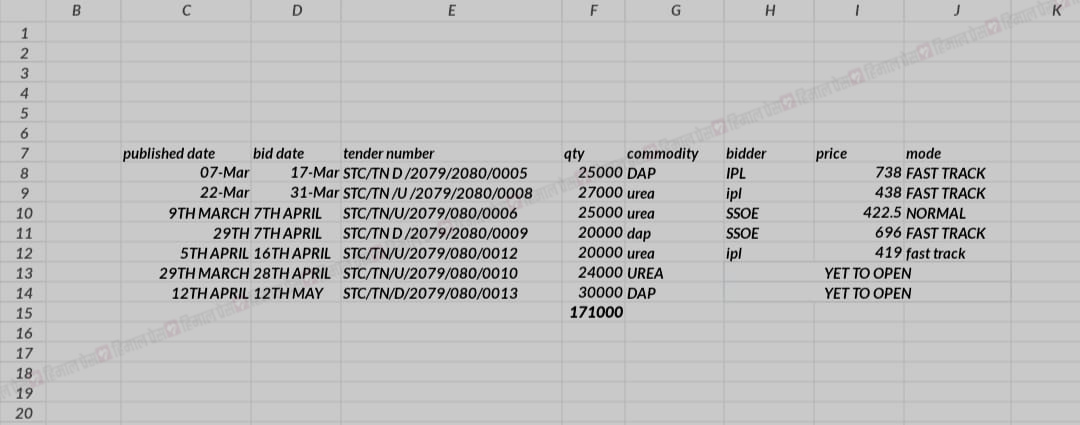
IPL had earlier supplied 60,000 tons of substandard fertilizers to Nepal. KSCL, as a result, had recommended that the Public Procurement Monitoring Office take action against its Nepali agent, Joshi Biz.
Interestingly, both the supplier companies are importing chemical fertilizers from Iran – a country that does not have international quality standards and is under sanctions. Since SGS report from an international independent surveyor is not required for supplying goods from Iran, the two parties have agreed to submit a report of the Indian Chamber of Commerce instead. However, the Public Procurement Act doesn’t recognize the Indian chamber’s report.
According to sources, IPL will issue the bill of lading in its name, not in the name of the party making the procurement. It will not even use the letter of credit (LC) number. IPL is supplying 72,000 tons under three packages. It is supplying 25,000 tons of DAP at $738 per ton, costing $18.45 million or around Rs 2.43 billion. The same company is supplying 27,000 tons of urea at $438 per ton, costing $11.82 million or Rs 1.56 billion. IPL has quoted $419 per ton for another tender of 20,000 tons, which will cost $8.38 million or Rs 1.10 billion. All the procurements were made through the fast-track mode.
Similarly, SSOE is supplying 20,000 tons of DAP under fast-track mode at a price of $696 per ton. The total cost of the package $13.92 million. Additionally, SSOE is supplying 25,000 tons of urea under normal procurement mode. The cost of the package is $10.56 million.
KSCL sources claim that chemical fertilizers in Iran are generally $210-220 per ton cheaper compared to other countries. This means Rs 2.46 billion is being embezzled in the total procurement of Rs 8.33 billion.
Despite the fact that chemical fertilizers are being imported from a country that does not have international quality standards, the prices charged are not lower than usual. KSCL sources claim that chemical fertilizers in Iran are generally $210-220 per ton cheaper compared to other countries. This means Rs 2.46 billion is being embezzled in the total procurement of Rs 8.33 billion.
According to the G2G agreement, KSCL is expected to bring the fertilizers within 35-50 days. However, the company imported fertilizers from India in 28 days last year. While KSCL makes procurement directly from the supplier, STC has used an agent.
A source at the agriculture ministry said there was no need to use the ‘fast track’ mode as fertilizers could have been brought before the planting season even by following normal procurement procedures. The source also noted irregularities in the procurement process and stated that even with the fast-track mode, the fertilizers might not arrive for another three to four months.
STC officials, including CEO Urmila Shrestha, Deputy CEO Kumar Rajbhandari, and Assistant CEO Pankaj Joshi, have been visiting India frequently to hold talks with IPL officials. Sources say the plan is to bring fertilizers via the Vizag port in India.
Efforts by Himal Press to reach Secretary Dr Sharma, who chaired the committee meetings, for comments were unsuccessful as he did not answer calls or respond to text messages.


